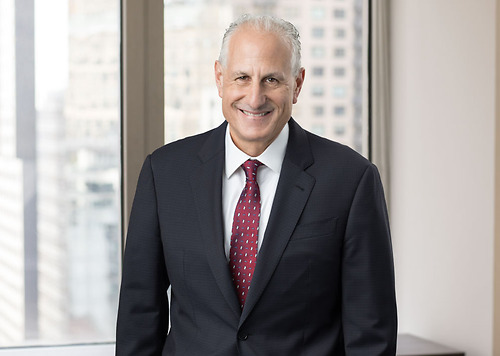One of the most valuable features of the Web as a business medium is interactivity, the ability of a company to create a dialog with its customers (current and future) via the Web site. At the same time, though, a company may be concerned that users' actions on their site could expose the company to liability. Whether from defamatory statements about competitors or individuals on a Web site message board, inappropriate language or suggestions in a chat area meant for minors, or copyrighted material posted without permission to the comment area of a blog, users' interactions could lead to legal risk for the site owner, whether or not it knew or approved of the improper postings or actions.
Early in the development of the commercial Web, there were a number of lawsuits brought against Web site owners and service providers, seeking to hold them liable for actions of users. The courts, faced with situations that had no real-world analogues, decided these cases in a variety of ways, which left the hosting businesses in a position of not knowing whether they would be better off editing every post or leaving their sites completely unpoliced. After a particularly troubling decision holding online service provider Prodigy liable for an anonymous and allegedly defamatory posting in its Money Talk message board, Congress finally decided to act, understanding that the lack of clarity and risk of liability could seriously impede the development of the Internet as a business and communications medium. The result has been two major "safe harbor" laws, the general safe harbor for content liability in 47 U.S. Code Section 230 (passed as part of the otherwise-unconstitutional Communications Decency Act of 1996), and 17 U.S. Code Section 512(c), a specific safe harbor for copyright infringement enacted as part of the Digital Millennium Copyright Act of 1998. The two laws, though, are sharply different not only in what they cover, but in the requirements they place on companies seeking to take advantage of them.
47 U.S.C. 230 is both the broader and the simpler of the two. After explaining that its purpose is to encourage the growth of the Internet, it states in Section (c):
(1) Treatment of publisher or speaker
No provider or user of an interactive computer service shall be treated as the publisher or speaker of any information provided by another information content provider.
(2) Civil liability
No provider or user of an interactive computer service shall be held liable on account of--
(A) any action voluntarily taken in good faith to restrict access to or availability of material that the provider or user considers to be obscene, lewd, lascivious, filthy, excessively violent, harassing, or otherwise objectionable, whether or not such material is constitutionally protected; or
(B) any action taken to enable or make available to information content providers or others the technical means to restrict access to material described in paragraph (1) [Note: understood to mean "subparagraph A" instead].
In other words, if someone else posts offensive or illegal content, or the site owner takes a post down because it believes in good faith that the post is offensive or otherwise inappropriate, there will be no legal exposure for the site owner. This law has been interpreted extremely broadly by the courts, covering everything from spam filtering to columns by non-employee writers. More to the point, there are no prerequisites for the protection: it is automatic.
By contrast, the copyright safe harbor is both more limited and harder for businesses to use. First, of course, it only covers copyright infringement, not other kinds of exposure. Second, in order for a site owner to even qualify for the safe harbor, it has to designate an agent to receive complaints and post the agent's contact information on the U.S. Copyright Office's Web site. Finally, the law requires that whenever a site owner receives a notice of claimed infringement, it must take immediate action to investigate and take down the item , and there are additional elements with which the site owner must also comply. In exchange for obeying these requirements, though, this safe harbor does protect the site owner against potentially huge exposure for hosting infringing works (as in the $1 billion lawsuit currently being pursued by Viacom against Google's YouTube, where the copyright safe harbor is central to the possible outcome).
The biggest problem with these safe harbors, particularly the copyright one, is that businesses just don't know about them. As a result, they may not have set up the processes that let them take advantage of the copyright immunity (happily and unsurprisingly, BusinessWeek.com is on top of them), and they may be spending money bringing lawsuits against other sites for claims such as defamation which will be quickly dismissed because of 47 USC 230. Fortunately (pun intended), with awareness and a bit of preparation, companies can focus on gaining value and building relationships via their online presences, instead of worrying about fighting lawsuits based on others' use of their sites.
If you have any question about these safe harbors or otherwise how to manage the risks of doing business online, please speak with any of the attorneys in Olshan's Internet business group.
- Partner
Marketers, advertisers, agencies and suppliers, among others, regularly seek Andy’s counsel regarding legal aspects of their advertising and promotional marketing businesses. He’s pragmatic and always looks for ...

